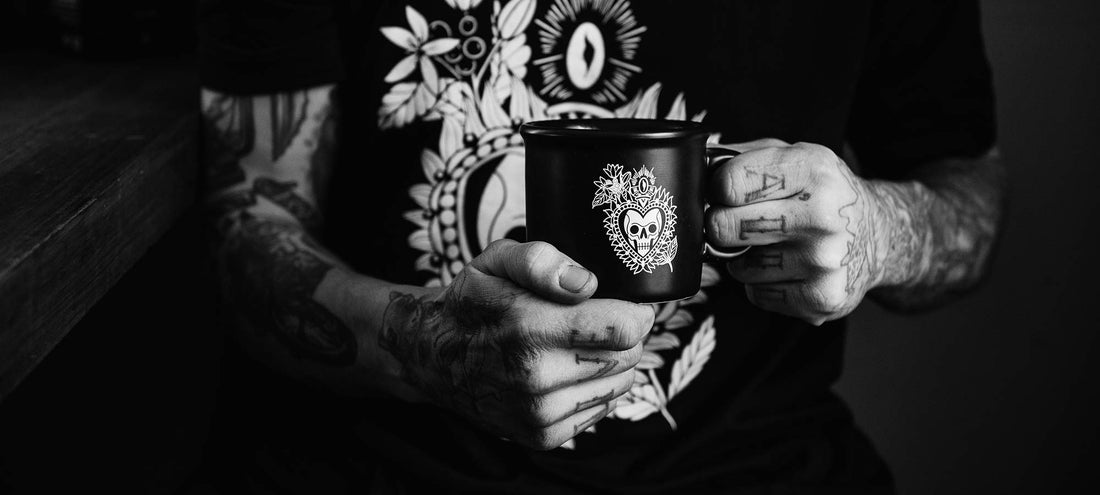
Here's Why Feeling Coffee Drunk is a Thing
LifestyleWhy Can Coffee Make us Feel Drunk?
We all crave hot beverages that promise a crazy-strong, intense flavor with a rich, bold aroma to get us going in the morning—and to give us the necessary caffeinated kick in the ass we need to survive the rest of the day. Some days we need even more motivation—like an extra shot of espresso—to reach levels of maximum superpower productivity. But have you ever felt like that extra shot of espresso felt more like an extra shot of bourbon? If so, that’s because coffee can actually make you feel intoxicated.

What is Caffeine Intoxication?
While the recommended amount of caffeine for adults is 400 milligrams per day—about 4 cups of your average cup of coffee—"caffeine intoxication" may occur if you consume more than this amount. This usually won’t take effect until a person has consumed 1,000 milligrams of caffeine, and most likely in one sitting. However, for the average person, it would take eight cups of coffee to experience that “drunk” feeling.
According to a study, it may be a result of genetics. Researchers from the University of Edinburgh and University of Trieste studied the DNA of an estimated 3,000 coffee drinkers when finding that some had a variation of a gene called PDSS2, which reduces the body’s ability to break down caffeine. As a result, it stays in their system while consuming a second, third and fourth cup. Those without PDSS2 metabolized the caffeine in a timelier fashion.
Why do I Feel Drunk When I Drink Coffee?
Caffeine, in general, makes your heart beat faster. If you focus on your heart rate, you start to release more adrenaline. In turn, this can make you feel anxious, hyper and dizzy—similar to what you may feel during a night on the town with a few shots involved.
Some scientists believe your drunk-trip could actually be a blamed on your taste buds. Back in the day—literally as far back as when we were hoarding Beanie Babies, we learned to reject bitter tastes that were poisonous or made us go, “Ewww!” Either way, we identified those foods (or drinks) as threatening. Some people even have more taste buds compared to others, and that creates a greater sensitivity to bitter tastes, too.
Even though the taste of coffee grows on us and we learn to love it—just like dark chocolate—a lot of strong coffee out there can be bitter (besides Death Wish Coffee), and it may be sending messages to your body, warning that danger is near. That sensitivity could cause symptoms such as nausea or dizziness—just like during a bender.
The Importance of Hydration
Where there’s a problem, there’s usually a solution, right? Advising anyone to stop drinking coffee is—well, just not kind. But if you can’t take the heat—death by decaf doesn’t have to be your only option—or an option at all. If you’re finding that drinking coffee is causing your body sensitivity, maybe cut down the amount you’re consuming and make sure to throw a glass of water in there. Hydration—when drinking alcohol OR coffee—is key, people.
Coffee, to many, is a lifestyle. It tastes great, gives you the jumpstart you need to tackle your busy day and offers a load of health benefits, too. But drinking your favorite brew responsibly is the key to enjoying that cup (or two or three) of caffeinated bliss in a way that’s right for you—and your body.
RELATED: How Addicted to Coffee Are You?
